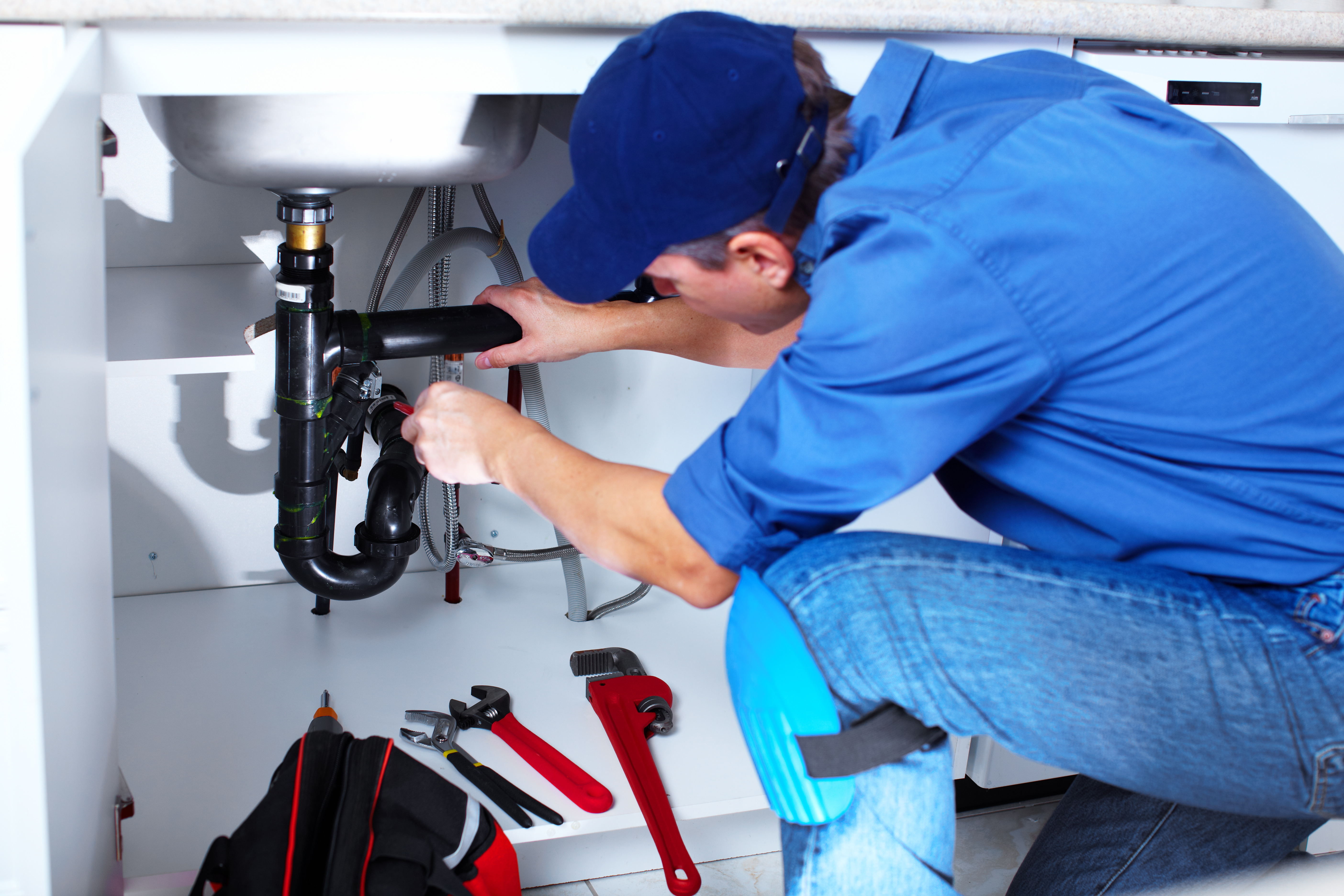Running a plumbing business can be highly lucrative, especially as new construction projects and building upgrades require water installations and other essential plumbing services. Country-wide, some 51,000 plumbers, steamfitters, and pipefitters are needed annually until 2030, based on estimates from the Bureau of Labor Services (BLS). Entrepreneurs who manage a plumbing company may find it hard to fill this need, more so in finding the best candidates to hire. (1)
Fortunately, there are things that you can do to improve your plumbing business’s hiring process. Discover them in the tips below after finding out what to look for in a plumber.
What you should look for in a plumber
Before dipping into the subject, it’s crucial for plumbing companies to understand what to look for in a good plumber. Contrary to common belief, plumbers aren’t merely water system installers and technicians. The trade involves a vast array of services that include installation, maintenance and repair of water, gas and piping systems in residential, commercial and industrial settings.
Apart from evaluating an applicant’s skills and certifications, plumbing companies must consider the following core competencies and skillsets:
-
Technical skills
Depending on the services your plumbing company is offering, your hiring managers can look for a candidate who possesses more general or specific skills. A licensed plumber is required to have undergone specific training and lecture hours on basic plumbing skills, certifications on water, and gas piping works.
Specialized training on industrial tasks, such as medical gas or backflow testing, electrical, controls, and low voltage concepts, should give the candidate an edge over other applicants. So is the experience in handling basic and advanced plumbing tools, and knowledge in local plumbing codes and regulations.
A competent plumber should also be able to handle business operational software such as Jobber which more and more companies are adopting to streamline their appointment scheduling, customer communications, job tracking, payments and more. (2)
-
Communication and interpersonal skills
This is a must-have for every organization, especially plumbers. Apart from technical expertise, your future plumbers should possess good interpersonal skills, especially in dealing with customers. Plumbers are often called out to situations which are causing their customers stress, so patience, understanding, and a customer-centric attitude are all key qualities to look out for.
-
Self-management skills
Plumbers are required to spend a lot of time in the field. By default, then, they should be comfortable to work independently to their level of expertise. More than being able to work with little supervision, a plumber should be able to make the right decisions when confronted with challenging problems.
Tips to improve your plumbing business’s hiring process
Conducting a job interview is only one part of the few stages involved in accepting a new employee. There are other tasks a company must perform to ensure that you’re choosing the ideal candidate:
-
Find out what your company needs are
If you don’t have a clear idea of who you’re looking for, you may not be able to hire the best candidate for the job. In small businesses, multi-tasking can be commonplace. But you can’t hire a person expecting they’ll be able to work on every plumbing problem out there.
Consider whether your job requirement is intended for an entry-level or an experienced and skilled tradesman. In either case, the technical requirements and competency levels for applicants will vary. (3)
-
Post a compelling and clear job announcement
With a renewed interest in plumbing as a career hiring managers may find themselves in a strong position. Screen your applicants for qualified candidates and be clear from the beginning about the person you’re looking for in your job listing. Additionally, don’t forget to craft a company profile that stirs interest among prospects while not missing out on the important details like your organization needs. (4)
Once you’re done making a comprehensible job ad, post it in several channels online and through traditional methods. Some career platforms and social media channels allow free posting, while some require your company to pay for subscription fees. Don’t forget you can also post ads in local newspapers and employment offices. (3)
-
Make the interview process worthwhile
After coming up with a few interviewees based on the tips above or your own guidelines, the next step is to choose questions that can help reveal their skills and personality. If you need help, there are online sources that can help you to this end. (4)
How the interview should be conducted will depend on your company preferences. Some prefer a more professional setting, while others choose to have a more casual approach. Regardless, the interview should be set up in a way that your hiring team can get to know more about a candidates’ strengths, weaknesses, and other crucial traits that impact their work. Don’t forget to ask questions that can gauge a prospect’s passion for working for your company. (5)
-
Don’t forget the vetting process
Check an applicant’s background and validate the details in the resume by calling references and previous employers. Ask the applicant’s former supervisor about how the individual was as an employee. If you can, contact the organizations that issued the licenses and certifications, too. (3)
-
Make the right decision
There are a few things to consider when making the final choice, and a lot will depend on the right fit for your company. Know what the right fit is and try to get a balance of technical skills that can be learnt vs softer skills which are more difficult to teach.
While you can hire fresh graduates for an entry-level position, consider ones who have experience in volunteering as a plumber to offset lack of experience. Otherwise, opt for employees who’ve gained enough work experience. (5)
Final Thoughts
You can’t always guarantee that the person you hire is the best for the position. However, applying these tips can help increase your chances of finding ‘the one’. Knowing the skills and traits needed for the position, asking the right questions, and vetting your applicants can help your plumbing company make the hiring process more efficient.
Reference:
-
“Plumbers, Pipefitters, and Steamfitters,” Source: https://www.bls.gov/ooh/construction-and-extraction/plumbers-pipefitters-and-steamfitters.htm
-
“Finding and Developing Great Plumbing Techs,” Source: https://www.mcaa.org/msca/wp-content/uploads/sites/2/2017/06/Module-3-Great-Techs-v4-COMPLETE-FINAL-6-5-17-2.pdf
-
“Tom Masters: Hiring the right employee for your plumbing business,” Source: https://www.pmmag.com/articles/102350-tom-masters-hiring-the-right-employee-for-your-plumbing-business
-
“Tips To improve Your Hiring Process,” Source: https://www.plumbermag.com/how-to-articles/employee-business-growth-hiring/tips-to-improve-your-hiring-process
-
“Seven Tips For More Effective Small Business Hiring,” Source: https://www.forbes.com/sites/theyec/2014/07/25/seven-tips-for-more-effective-small-business-hiring/?sh=3e1099b95735






